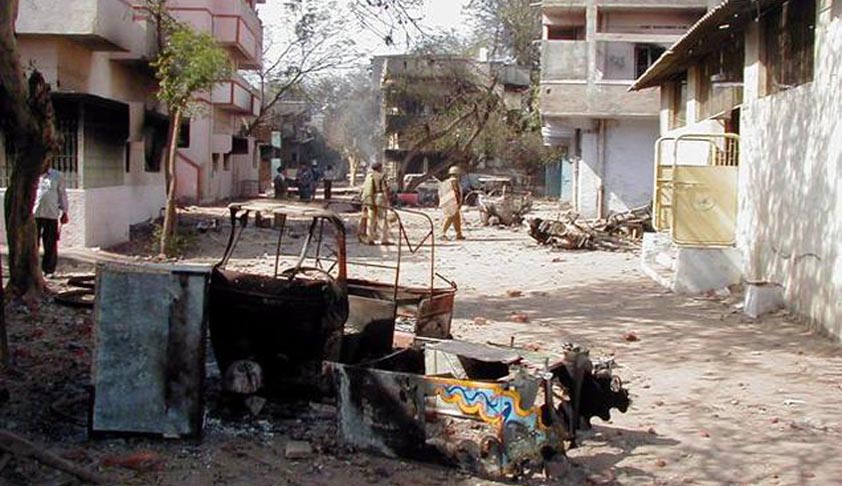Gulbarg Society Massacre: Special Court convicts 24, acquits 36 others
Apoorva Mandhani
2 Jun 2016 11:07 PM IST

Next Story
2 Jun 2016 11:07 PM IST
A Special Court on Thursday convicted 24 persons and acquitted 36 others in the 2002 Gulbarg society massacre case, in which 69 people, including former Congress MP Ehsan Jafri, were burnt alive on February 28, 2002.Special Sessions Court Judge P.B. Desai upheld the charge under Section 302 (murder) of the Indian Penal Code, but dismissed the charges of conspiracy under Section 120B against...
